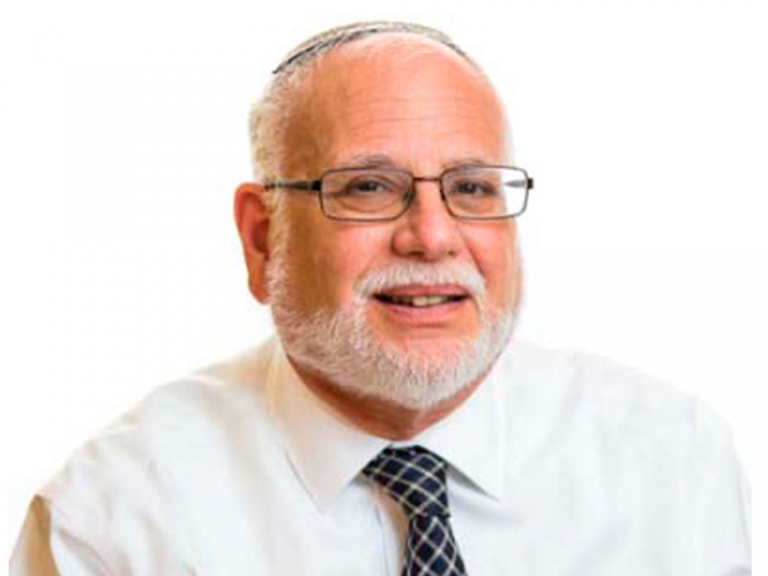D'var Torah by Dr. Kalman Stein, Interim Head of School

Dear Hebrew Academy Community:
Rabbi Yitzchak said, “Any year which begins impoverished ends in affluence (Rosh Hashana 16b).” Rash explains: Any year during which the Jewish People begin the year on Rosh Hashana seeing themselves as lowly and spiritually impoverished and as a result engage in a great deal of serious Tefila and Tachnunim will end well for Am Yisrael. As anyone who has been paying attention to the Tefilot and Selichot of the past weeks will readily note, we take this idea quite seriously. Our unworthiness and our recognition of our significant shortcomings are recurring motifs as we come before Hashem in repentance and beseech Him to forgive us despite the depths to which we have sunk as individuals and as a nation. Again and again, we confess our sins and say, “We have become the guiltiest of people; we have become the most degraded of all generations; joy has departed from us ….” On Yom Hakipurim each of us will ten times recite the long litany of על חטא שחטאנו in which we enumerate not only specific transgressions but also our inappropriate character traits and attitudes.
We really have no choice. The only way we can come before God and beg for the forgiveness which He grants to the undeserving as a divine act of Chessed is humbly, with a sense of shame for the degraded position in which we have placed ourselves. But one who is overwhelmed by despair can never hope to marshal the inner strength and resources to do real Teshuva which entails changing one’s life. If I am consumed by my lowliness, if I look at myself only through the prism of all of the terrible shortcomings which I am required to articulate repeatedly in the process of confession, will I have the strength and the confidence to come before God and truly repent?
Rabbi Abraham Isaac Kook (1865–1935), the first Ashkenazi chief rabbi of British Mandatory Palestine, points to another confession, which we read about in Ki Tavo a few weeks ago. That is Viduy Ma’aser, the Tithing Confession, which is recited when one travels to Yerushalayim and publicly declares that he has fulfilled all his obligations regarding tithes of agricultural produce that are distributed to Kohanim, Levi’im, and the poor. But this is not a confession in its usual sense; it is a declaration that one has done everything that should have been done. At one point the individual proclaims “I have obeyed the voice of God; I did all that I was commanded to do.” Hardly a confession!
Rav Kook argued that while we certainly need to be painfully aware of the full extent of our moral and spiritual responsibilities and that we are far from completely fulfilling our obligations, we must be careful not to be overly self-critical. We should not let this attitude deny us a sense of joy and satisfaction in our accomplishments. For this reason, the Torah teaches that we should rejoice in our good deeds. In the proper measure, this contentment bolsters our resolve to serve God, to perform Mitzvot and acts of kindness. It is proper to feel a measure of satisfaction and well-being when we have acted correctly. While we are disappointed in our failings, we should also take pride in our triumphs.
A balanced self-image with the ability to derive satisfaction from our accomplishments without in any way minimizing our faults can be an important ingredient of Teshuva. As we come before Hashem in the coming days and ask for His forgiveness let us also keep in mind the Mitzvot and Chessed which we have done, not in arrogance, not because we do not fully acknowledge our failings, but with the kind of pride which gives us the confidence that this year we can and will be better people, better Jews.
Shabbat Shalom, G’mar Chatimah Tovah,
Dr. Kalman Stein
Interim Head of School

